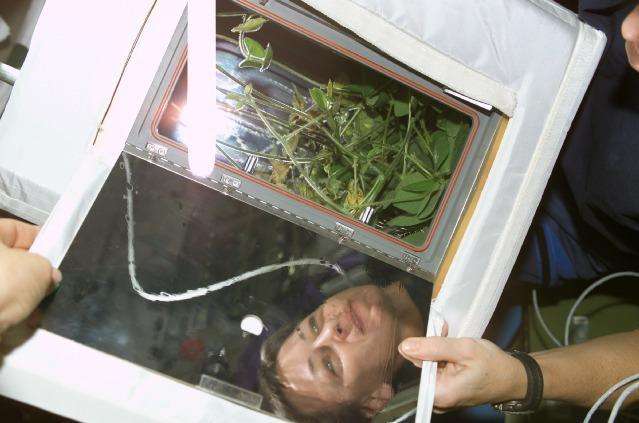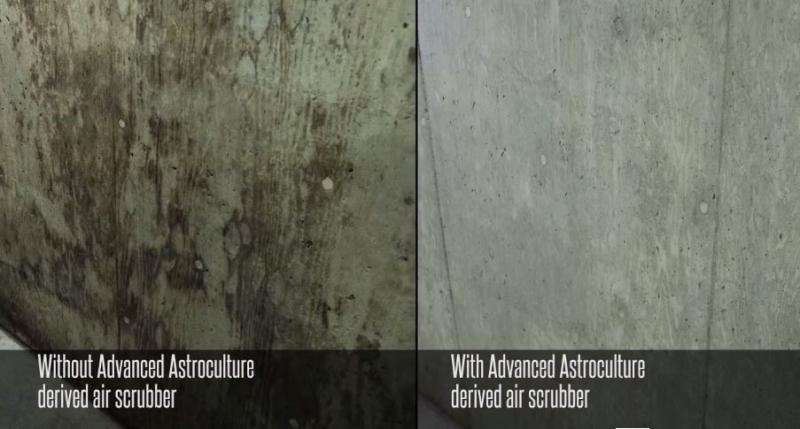Benefits for humanity: From NASA to Napa

From the microgravity environment aboard the International Space Station to the microclimates of the Napa Valley, station research impacts many different industries on Earth. The latest video in the Benefits for Humanity series illustrates how solutions for growing crops in space translates to solutions for mold prevention in wine cellars and other confined spaces on Earth.
Mold tends to grow in wine barrel storage rooms due to stagnant air. This not only can taint the wine, but also it can create an unhealthy working environment for winemakers. Luckily, a solution created for optimizing crop growth on the space station has helped reduce the amount of airborne mold spores in wine cellars.
NASA is studying crop growth aboard the space station to develop the capability for astronauts to grow their own food as part of the agency's journey to Mars. Scientists working on this investigation noticed that a buildup of a naturally-occurring plant hormone called ethylene was destroying plants within the confined plant growth chambers. Through collaboration with the University of Wisconsin, researchers developed and successfully tested an ethylene removal system in space, called Advanced Astroculture (ADVASC). It helped to keep the plants alive by removing viruses, bacteria and mold from the plant growth chamber.
Realizing the potential for use in confined spaces on the ground, scientists adapted the ADVASC system for use in air purification. Initially used to prolong the shelf-life of fruits and vegetables in the grocery store, winemakers soon took note of the technology and employed it in their storage cellars. According to one winemaker, the ADVASC-derived air purification system enhances storage conditions, resulting in even better wine.
"It's amazing when you think about all the innovations that are going on up in space, how they can come into a place as unexpected as a winery, which translates to benefits on your dinner table," said Andrew Schweiger, winemaker at Schweiger Vineyards in St. Helena, California.
Technology adapted from ADVASC is also used to help prevent mold in homes and medical facilities, as well as other industries around the world. Space station technology development may begin off the Earth, but can innovate systems meant for the Earth.

Provided by NASA





















